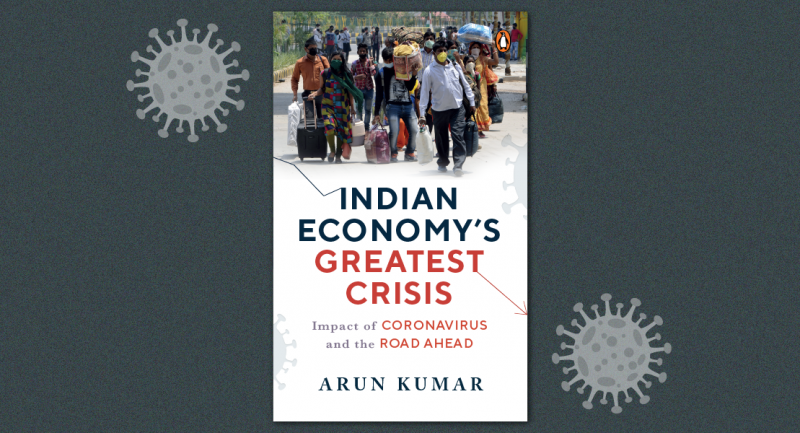
Dr. Annie McKee is an advisor to leaders of Fortune 500 companies, governments and NGOs around the globe. Her book, How To Be Happy At Work will deepen our understanding of what it means to be truly fulfilled and effective at work and provides clear, practical advice and instruction for how to get there—no matter what job you have.
Here’s an excerpt.
In this chapter, I will show that having friends at work is critical. When we feel cared for—even loved, as one does in a friendship—and when we belong to a group that matters to us, we are generous with our time and talents because we’re committed to people, not just the job or the company. You will also read about how to build the foundations for friendships in the workplace and how you can improve your relationships at work.
If you like the people you work with, you probably also like your job and your company. If you don’t like them, or if relationships are tense or disrespectful, chances are you don’t look forward to getting up every day to go to work. And it isn’t just that it makes us happy to belong and to have friends. Good relationships lead to good outcomes. This is just as true at work as it is in our families, neighborhoods, and tribes.Unfortunately, that’s not what we’ve learned along the way.
When I ask people, “Do you need to be friends with people at work?” they usually hesitate. Then they rattle off reasons why it’s a bad idea: “I’ve got to keep a distance or I won’t be able to have the tough conversations,” “I might get in trouble,” or “You’ve got to have clear boundaries.” A few come right out and say that it’s dangerous to have friends at work.
Something funny happens, though, when I ask people to describe what they do want in their relationships at work:
“I have to like the people I work with.”
“I want to be myself at work without being afraid that people will shut me out or shut me down.”
“I can’t take risks with people I don’t trust, or when I know they don’t care about me.”
“I want to have fun at work. Sharing a laugh helps me deal with stress.”
Clearly, there’s a disconnect. We think we should have relationships that are distant, polite, and guarded. But we want much more than that. We want to feel safe to be ourselves, we want to enjoy one another, and we want to like people at work. We also want them to like us.
This seems like common sense to me—why wouldn’t we want warm and friendly relationships with people we spend so much time with? Moreover, if we don’t like people (or they don’t like us), it’s going to be hard to find common ground, making it even harder to work through disagreements and conflict. If we suspect that someone’s out for themselves or trying to take advantage of us, we’re not likely to share our ideas or resources. Instead, we will be on guard and hesitant to collaborate. This is not a recipe for success—a lesson David McWilliams learned early in his career.










